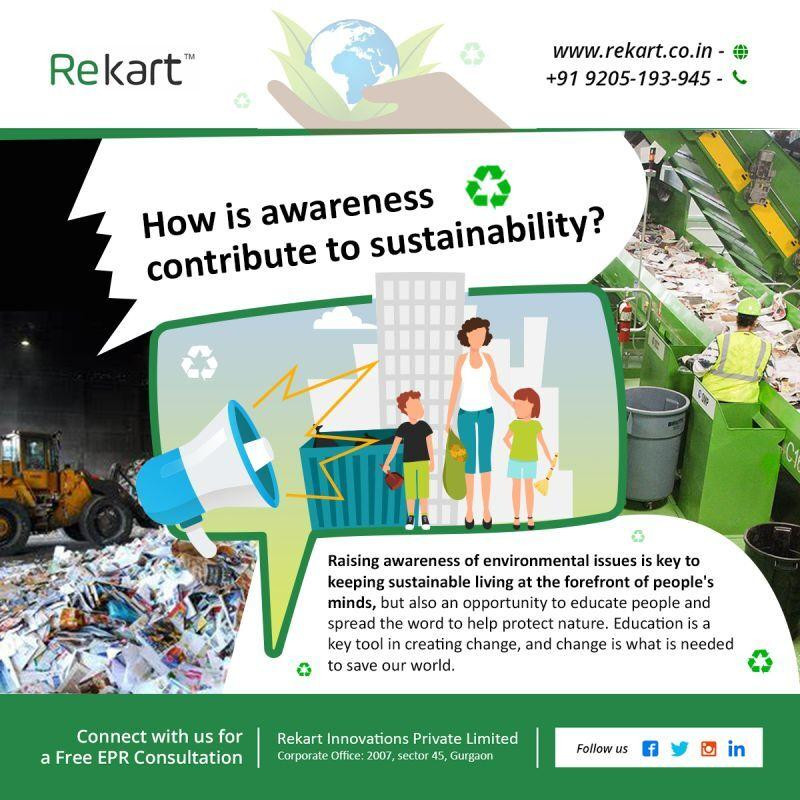Awareness plays a crucial role in contributing to sustainability. Here are some ways in which awareness can contribute to sustainability:
- Encouraging sustainable behaviors: When people are aware of the impact of their actions on the environment, they are more likely to adopt sustainable behaviors. For example, they may choose to use public transportation instead of driving, reduce their consumption of single-use plastics, or recycle more.
- Creating demand for sustainable products and services: When people are aware of the environmental impact of products and services, they are more likely to demand sustainable alternatives. This can create market opportunities for businesses to develop and sell sustainable products and services, which can ultimately contribute to a more sustainable economy.
- Supporting policies and initiatives that promote sustainability: When people are aware of the importance of sustainability, they may be more likely to support policies and initiatives that promote sustainability. For example, they may vote for politicians who prioritize environmental issues or participate in protests or campaigns to advocate for environmental causes.
- Fostering a sense of responsibility: Awareness of environmental issues can foster a sense of responsibility for the well-being of the planet and future generations. This can lead to individuals and organizations taking proactive steps to reduce their environmental impact, such as implementing energy-saving measures, reducing waste, or investing in renewable energy.
Overall, awareness is essential to creating a culture of sustainability. When people are aware of the environmental impact of their actions, they are more likely to take steps to reduce their impact and support initiatives that promote sustainability.

